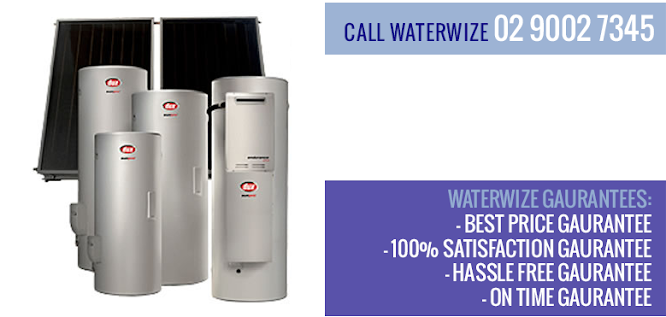Emergency Hot Water Repairs Understanding the Process
Emergency
hot water repairs are critical when your hot water system fails unexpectedly.
Here's a general overview of the process involved in emergency hot water
repairs:
1. Assessment:
Identify
the Issue: Start by determining the nature of the problem. Common issues may
include a lack of hot water, leaks, unusual noises, or other malfunctions.
Safety
Check: If you're dealing with a gas water heater, check for gas leaks and
ensure proper ventilation. For electric water heaters, turn off the power
before inspecting.
2. Isolation of the System:
Turn
Off Power/Gas Supply: If you've identified a problem that requires repair, turn
off the power supply (for electric heaters) or gas supply (for gas heaters). This
step is crucial for safety and preventing further damage.
3. Diagnosis:
Troubleshooting:
Assess the specific components of the water heater to pinpoint the issue. This
may involve checking the thermostat, heating elements, pressure relief valve,
or other parts depending on the symptoms.
4. Temporary Fixes (if
applicable):
Implement
Temporary Solutions: In some cases, a temporary fix may be possible to restore
hot water temporarily. For example, if a pressure relief valve is leaking, you
might be able to tighten or replace it temporarily.
5. Call a Professional:
Contact
a Licensed Plumber: Emergency
Hot Water Repairs
often require the expertise of a licensed plumber or technician. Contact a
professional who specializes in hot water systems for a thorough assessment and
repair.
6. Communication:
Provide
Information: When calling a professional, provide detailed information about
the symptoms, any actions you've taken, and the make and model of your water
heater. This helps the technician come prepared and may expedite the repair
process.
7. On-Site Inspection:
Diagnosis
by the Professional: The plumber or technician will perform a detailed
inspection of the water heater. They will check for issues with components like
thermostats, heating elements, gas valves, or pressure relief valves.
8. Repair or Replacement:
Recommendations:
Based on the inspection, the professional will provide recommendations for
repair or replacement. In some cases, a repair may be possible, while in
others, replacement may be the most cost-effective solution.
9. Approval and
Authorization:
Customer
Approval: Before proceeding with any repair or replacement, the plumber will
discuss the proposed solution, associated costs, and timeline with you. Obtain
your approval before work begins.
10. Execution of Repairs:
Complete
the Repairs: Once you've authorized the repairs, the plumber will carry out the
necessary work. This may involve replacing faulty components, fixing leaks, or
addressing electrical issues.
11. Testing:
System
Testing: After completing the repairs, the plumber will test the Hot Water System
Repair to ensure
that it's functioning correctly. This may involve checking temperature
settings, verifying pressure, and ensuring that there are no leaks.
12. Clean-Up and
Documentation:
Clean-Up:
The professional will clean up the work area, removing any tools or debris.
Documentation:
You may receive documentation detailing the repairs performed, parts replaced,
and any recommendations for ongoing maintenance.
13. Follow-Up
Recommendations:
Maintenance
Tips: The plumber may provide recommendations for ongoing maintenance to
prevent future issues. Following these tips can help extend the lifespan of
your hot water system.
14. Payment and
Satisfaction:
Payment:
Pay for the services rendered. Some emergency repairs may be covered by
warranty or insurance, depending on the circumstances.
Customer
Satisfaction: Ensure you are satisfied with the repairs before the professional
leaves.
15. Preventive Measures:
Implement
Preventive Measures: Once the repairs are complete, consider implementing
preventive measures, such as regular maintenance, to avoid future emergencies.
In
the case of a hot water emergency, it's crucial to act quickly, contact a
professional, and follow safety procedures. Regular maintenance and prompt
repairs can contribute to the long-term efficiency and reliability of your hot
water system.



Comments
Post a Comment